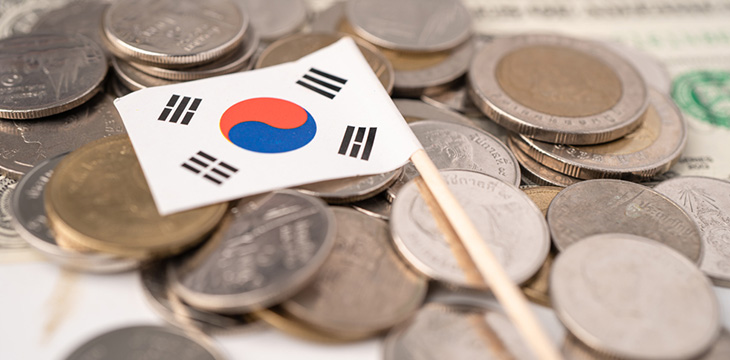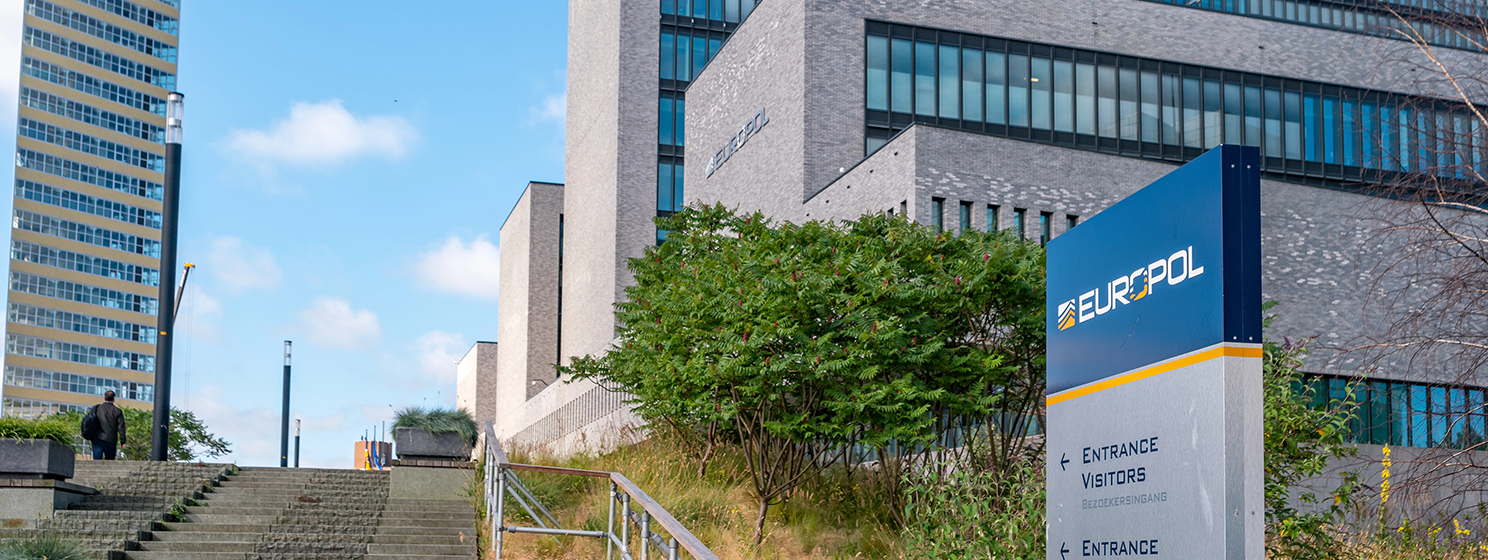|
Getting your Trinity Audio player ready...
|
South Korea’s financial services watchdog has slapped new supervisory fees on the country’s exchanges under a new digital asset framework.
The Financial Services Commission (FSC) recently introduced the Virtual Asset User Protection Act, bringing virtual asset service providers (VASPs) under its supervisory purview. One key stipulation is that any business under the FSC’s jurisdiction must pay a supervisory fee if its annual revenue exceeds KRW3 billion ($2.2 million).
According to local media outlets, the eligible exchanges will collectively pay around $120,000 to the watchdog. Upbit, which controls over 80% of the Korean market, will bear the biggest share at $103,000 based on the consolidated revenue of its parent company, Dunamu.
Bithumb, Coinone and GOPAX will pay smaller amounts. Korbit will be exempt from the fee as its annual revenue of KRW1.7 billion ($1.243 million) in 2023 failed to hit the FSC’s threshold.
The new fee will kick in 2025. In South Korea’s financial services industry, the supervisory fee is an absolute item, making up over 75% of the FSC’s Supervisory Service’s budget.
Local media reports that South Korean authorities decided to give the industry some more time before imposing the fee. However, the new Act requires that the FSC oversee VASPs, and consequently, they must pay for this service.
“The related organization has already been formed and costs are being incurred, so it is necessary to impose a supervisory share,” an FSC official commented.
The new fee adds an extra financial burden to Korean exchanges that have already been struggling. Upbit dominates the market, leaving most other exchanges operating at a loss. Some reports indicate that Bithumb is the only other Korean exchange that has been making a profit.
In addition to the fee, the new Act has introduced a raft of other measures targeting better investor protection. This includes the Unfair Trade Monitoring System, which seeks to stamp out exchange fraud. Exchanges must also segregate user funds and keep at least 80% of them in insured cold wallets.
While aggressive with the regulations, the South Korean government has been lax with the taxes. Last month, the ruling party proposed postponing to 2028 a 20% digital asset tax that was first supposed to take effect in 2021.
Watch: How blockchain tech can help reduce costs for businesses

 12-08-2025
12-08-2025 





